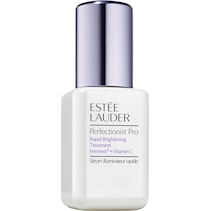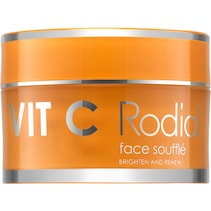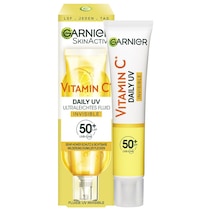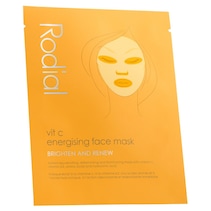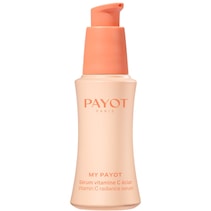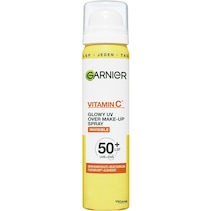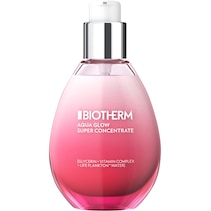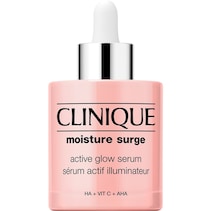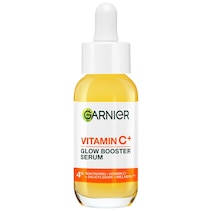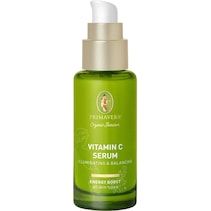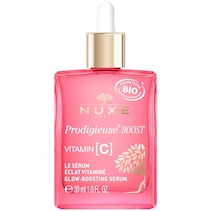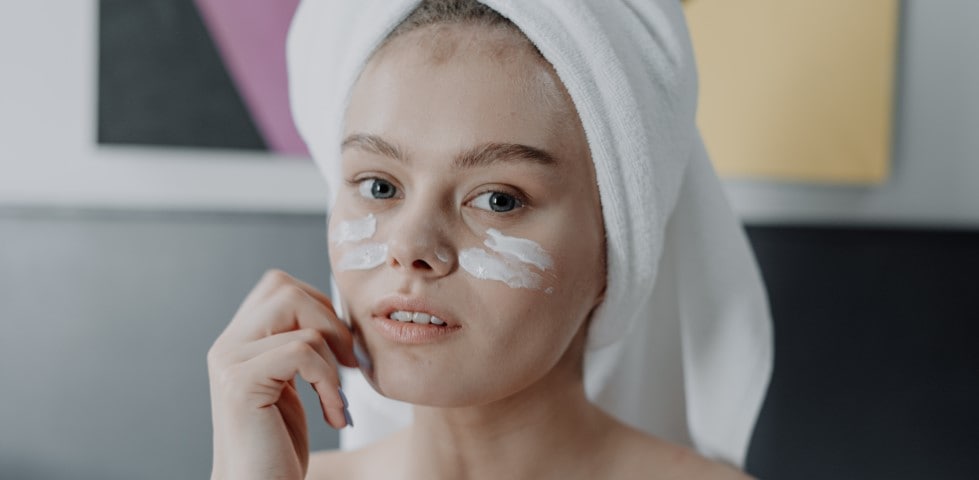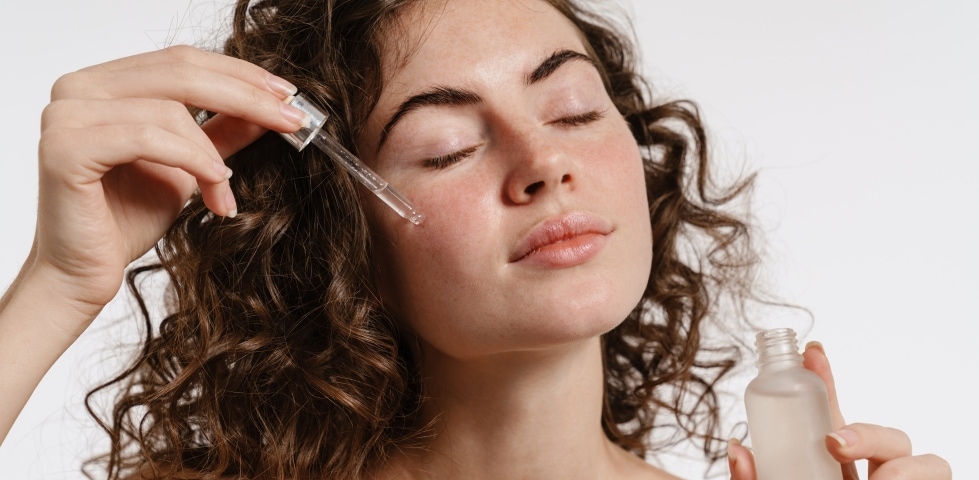
Vitamin C for the skin: everything you need to know about the antioxidant
Do you want radiant skin and an even complexion? Vitamin C is your key to these beauty secrets. Vitamin C is an anti-ageing booster that has much more to offer than you might think. Today we’re taking a look at vitamin C benefits for skin. Read on to learn everything about the benefits and function of this active ingredient. We’ll also explain why vitamin C is sometimes temperamental when it comes to daily support.
17 August 2024 • 5 min. reading time
Table of contents
Vitamin C is a real all-rounder: why your skin needs it
Before we start, let’s answer a simple question: What is vitamin C? It also goes by the chemical name of ascorbic acid and is a water-soluble vitamin. It supports your body in many chemical processes and is responsible for a good immune defence as well as your iron metabolism, among other things. The body cannot produce it itself. It is therefore your responsibility to ensure that your vitamin C levels are sufficient. You don’t need to worry about overdosing. This is because any vitamin C that your body or skin does not need simply leaves your body via the kidneys.
The initial formation of wrinkles is often the first sign of collagen loss. This structural protein provides elasticity and resilience. Vitamin C contributes to the normal synthesis of collagen in the skin and can slow down age-related degradation. The beauty vitamin has also made a name for itself as an antioxidant. As such, it scavenges free radicals that occur in the skin as a result of oxidative stress. UV radiation, alcohol, nicotine, lack of sleep, poor air quality or medication, for example, are possible causes for this.
You can think of free radicals like ping-pong balls. They fly uncontrollably through your skin, destroying everything they come into contact with. No wonder that this massive damage to the cells can lead to premature skin ageing. Vitamin C can trap free radicals like a net. It can also help other antioxidants in their task by strengthening their effect (e.g. vitamin E – more on this later).
Vitamin C benefits for skin in detail
If you apply vitamin C directly to the skin, it can accumulate there and develop its full effect. As the smallest of all vitamins, it can penetrate deeply and be optimally metabolised locally. Daily use of a vitamin C serum can achieve the following effects:
- Cell damage is prevented, making the complexion appear fresher.
- Dull patches can disappear and the skin regains its natural glow.
- Pigmentation spots can be minimised and the skin tone appears more even.
- The skin’s papillary density can increase, which supports a healthy appearance.
- Small wrinkles can disappear and the complexion becomes more even.
- Pimples and acne can heal more quickly and scarring is reduced.
Have you ever heard of hyperpigmentation? This is a dark spot on the skin caused by an overproduction of melanin (incidentally, this is the same pigment that is responsible for a nice-looking tan). Vitamin C can reduce the development of age-related pigment spots by inhibiting the synthesis of melanin.
Skin care with vitamin C
Skin care with vitamin C
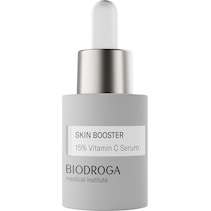
Biodroga
Skin Booster
Biodroga Medical
15% Vitamin C Serum

50.95 € 45.86 €
- 39.74 €
- 35.77 €
- 50.95 €
- 45.86 €
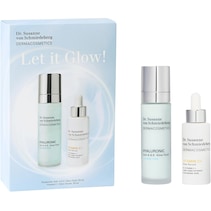
Dr. Susanne von Schmiedeberg
Serums
Facial care
Let It Glow!

74.99 € 67.49 €
- 58.49 €
- 52.64 €
- 74.99 €
- 67.49 €
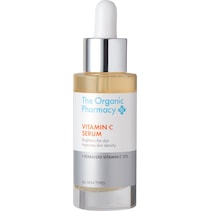
The Organic Pharmacy
Facial care
Skin care
Vitamin C serum

54.95 € 49.46 €
- 42.86 €
- 38.57 €
- 54.95 €
- 49.46 €
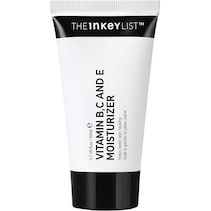
The INKEY List
Moisturisers
Face
Vitamin B, C and Moisturizer

9.95 € 8.96 €
- 7.76 €
- 6.98 €
- 9.95 €
- 8.96 €
Tip
Beauty vitamin C offers a certain degree of protection against UV radiation. However, you should never rely on this and you should always use a product with sufficient sun protection factor – even in winter. Studies also show that skincare with vitamin C makes the face more sensitive. Therefore, avoid sunbathing and tanning immediately after application.
Skincare with vitamin C – how to integrate this booster into your skincare routine
Vitamin C benefits for skin have already been the subject of many studies. This is why the active ingredient is considered well researched. Nevertheless, there are a few things you should bear in mind if you want to boost your complexion with vitamin C in the future.
Vitamin C – pure or as a derivative?
Pure vitamin C is extremely effective. However, it has three disadvantages. Firstly, for maximum effect, it requires an acidic pH value, which can cause irritation or even burning redness on the skin. Secondly, it only dissolves in water, so it cannot be used in creams and lotions. Thirdly, it is unstable in its reaction to external influences and therefore has a limited shelf life. This is the main reason why vitamin C is usually found as a derivative in skincare products. You can recognise it in the INCI list under the following names:
- Ascorbic acid (pure vitamin C)
- Ascorbyl glucoside, dipalmiate, palmiate or tetraisopalmiate
- Magnesium ascorbate or ascorbyl phosphate
- Tetrahexydecyl ascorbate
- 3-O-ethyl ascorbic acid
These vitamin C derivatives have a lower potency. This means that they must first be converted into the active form in the skin. However, they are considered to be more skin-friendly than the pure variant. They are also chemically stable against oxygen and light and vitamin C skincare is therefore more durable.
Choose the right concentration of vitamin C
Pure vitamin C is already effective from a concentration of 5%. Make sure that your serum arrives in an airtight dispenser to ensure maximum effects. As derivatives have a lower potency, the ideal vitamin C concentration starts at 15%. Do you have sensitive skin? Then start slowly to prevent irritation. But be careful: the vitamin C effect can decrease again with concentrations above 20%.
How to apply vitamin C correctly
There are several options available to you for applying vitamin C to the skin. You decide which is best for you based on your skin type and tolerance. If you have any questions, consult a beautician you trust or a dermatologist.
- Daily moisturiser: Vitamin C in a moisturiser can protect your skin against external influences and reduce skin ageing.
- Vitamin C as a serum: As an alternative to daily skincare, a vitamin C serum has an intensive effect and can also help against pigmentation spots. You either apply it daily or only two to three times a week.
- Vitamin C as a treatment: Use a skincare product with a high concentration of vitamin C for four weeks, then switch products.
- Boost for the eyes: The skin here is particularly thin and prone to wrinkles. Vitamin C can help to improve radiance here
Please note: vitamin C skincare can only work optimally if you cleanse your skin first. A mild cleanser as a foam or gel, followed by some toner to balance the pH value. This is followed by the vitamin C serum with its intensive effect, and then the moisturiser.
Vitamin C serums
Vitamin C serums
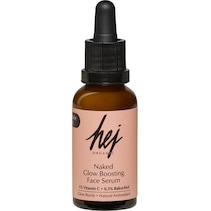
Hej Organic
Serums & Oils
Facial care
Naked Glow Boosting Face Serum

14.95 € 13.46 €
- 11.66 €
- 10.49 €
- 14.95 €
- 13.46 €
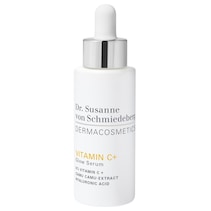
Dr. Susanne von Schmiedeberg
Serums
Facial care
Vitamin C+ Glow Serum

59.99 € 53.99 €
- 46.79 €
- 42.11 €
- 59.99 €
- 53.99 €
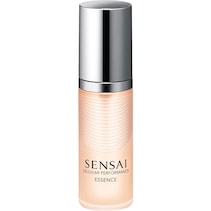
SENSAI
Cellular Performance - Basis Linie
Skin care
Essence

123.95 € 111.56 €
- 96.68 €
- 87.01 €
- 123.95 €
- 111.56 €
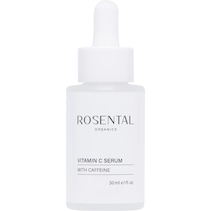
Rosental Organics
Serums & Oils
Facial care
Vitamin C Serum with Caffeine

32.95 € 29.66 €
- 25.70 €
- 23.13 €
- 32.95 €
- 29.66 €
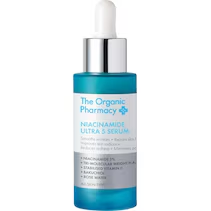
The Organic Pharmacy
Facial care
Skin care
Niacinamide Ultra 5 Serum

84.95 € 76.46 €
- 66.26 €
- 59.63 €
- 84.95 €
- 76.46 €

BABOR
Refine
Doctor BABOR
Glow Bi-Phase Ampoule Serum Concentrate
Refine Cellular

52.95 € 47.66 €
- 41.30 €
- 37.17 €
- 52.95 €
- 47.66 €

Dr. Susanne von Schmiedeberg
Serums
Facial care
Let It Glow!

74.99 € 67.49 €
- 58.49 €
- 52.64 €
- 74.99 €
- 67.49 €
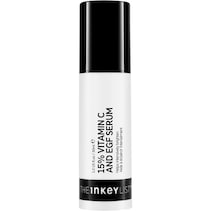
The INKEY List
Serums
Face
15% Vitamin C And EGF Serum

17.95 € 16.16 €
- 14.00 €
- 12.60 €
- 17.95 €
- 16.16 €
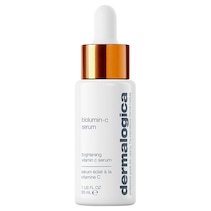
Dermalogica
BioLumin-C
Skin care
Serum

113.00 € 101.70 €
- 88.14 €
- 79.33 €
- 113.00 €
- 101.70 €
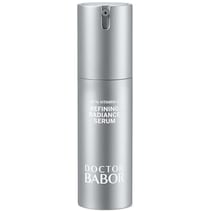
BABOR
Refine
Doctor BABOR
Refining Radiance Serum

84.95 € 76.46 €
- 66.26 €
- 59.63 €
- 84.95 €
- 76.46 €
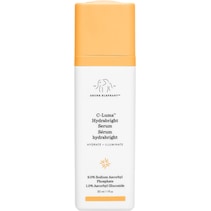
Drunk Elephant
Serum
Facial care
C-Luma Hydrabright Serum

68.95 € 62.06 €
- 53.78 €
- 48.40 €
- 68.95 €
- 62.06 €
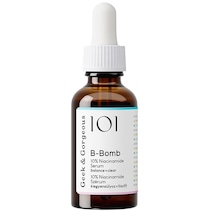
Geek & Gorgeous
101 Actives
Collections
B-Bomb Serum

8.95 € 8.06 €
- 6.98 €
- 6.28 €
- 8.95 €
- 8.06 €
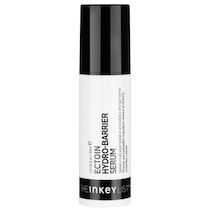
The INKEY List
Serums
Face
Ectoin Hydro-Barrier Serum

17.95 € 16.16 €
- 14.00 €
- 12.60 €
- 17.95 €
- 16.16 €
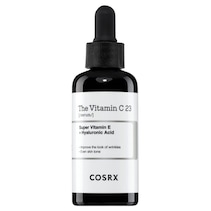
COSRX
Serum & Essence
Facial care
The Vitamin C 23 Serum

24.95 € 22.46 €
- 19.46 €
- 17.51 €
- 24.95 €
- 22.46 €
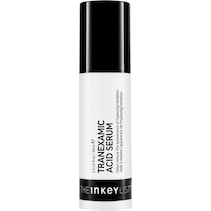
The INKEY List
Serums
Face
Tranexamic Acid Serum

18.95 € 17.06 €
- 14.78 €
- 13.30 €
- 18.95 €
- 17.06 €
Watch out: overview of vitamin C and other actives
As versatile as the effect of vitamin C on the skin is, in combination with other active ingredients, the beauty vitamin can be a bit temperamental. So here’s a brief overview to help you choose your skincare products and maximise the benefits of vitamin C for skin.
Go: Vitamin C +
- Hyaluronic acid
- Ceramides
- Azelaic acid
- Alpha arbutin
No-go: Vitamin C +
- Retinol
- BHA
- Niacinamides
- Peptides
However, vitamin C also has a secret weapon up its sleeve: it can have a recycling effect on other antioxidants. This means, for example, that if a vitamin E molecule catches a free radical, it becomes inactive. Vitamin C activates molecules that have already been used up. This boosts vitamin E and therefore its full anti-ageing potential only unfolds through this combination. The same also applies to other antioxidants such as resveratrol or Q10.
Tip
Remember: instead of cramming as many actives as possible into your skin, scrutinise your needs and specifically choose the vitamin C skin products that best suits the rest of your routine. Because the key to a magically radiant complexion is never just one active ingredient per se, but always the holistic formulation.
Vitamin C: FAQs
Takeaway
Have you been avoiding vitamin C for your skin and didn’t know where to start? Now you know and can easily integrate the beauty vitamin into your skincare regime. Would you rather choose a moisturiser with one of the many derivatives or a pure vitamin C serum for a concentrated effect? No matter what you decide: your skin will be delighted and reward you with a more youthful appearance and a natural glow.


